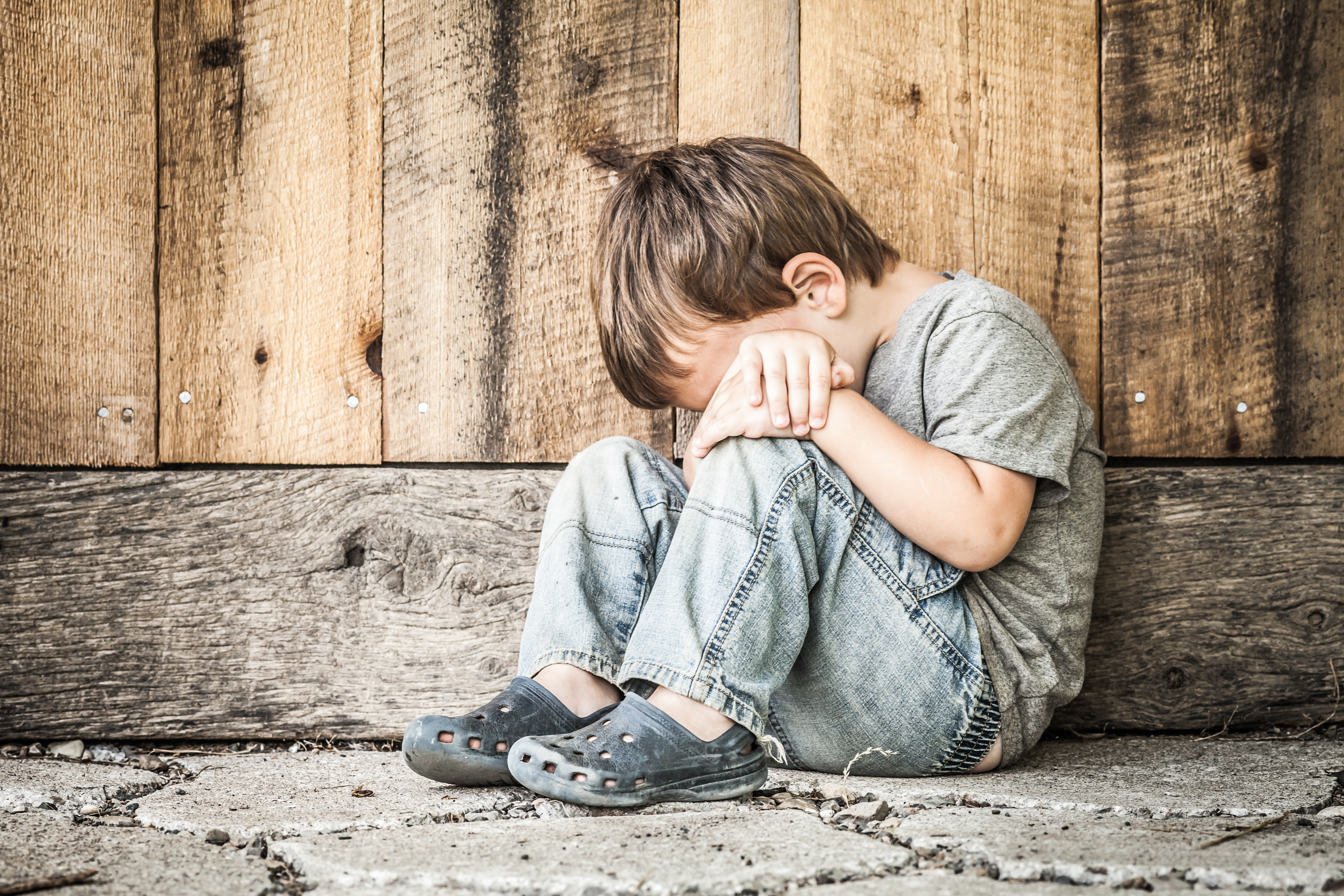Educators welcome measures to reduce child poverty

Changes recently announced by the Government on how it will monitor and reduce child poverty have been welcomed by educators around the country.
NZEI Te Riu Roa President Lynda Stuart says NZEI members, who work with very young children through to teenagers, see the effects of poverty on children’s education and general well-being every day at their schools and centres.
There is a well-documented link, both globally and nationally, between poverty and educational outcomes for children.
Mrs Stuart says while the Child Poverty Reduction Bill is long overdue, changes need to be made now.
“Children who struggle in schools and centres should have access to all the support they need – be that teacher aide hours, counselling or Learning Support. They also need to live in housing that will allow them to thrive and learn, and in a household where their families and whānau are not struggling to pay the bills, feed them or take them to the doctor.”
The Government’s Child Poverty Reduction Bill outlines a comprehensive suite of targets and measures on child poverty and puts the onus on the government of the day to set a wellbeing strategy focusing on poverty.
The Bill puts into law four primary and six supplementary measures of poverty and material hardship.
The Minister responsible for the strategy will work with other ministers such as health, education, and disabilities, to adopt the strategy.









